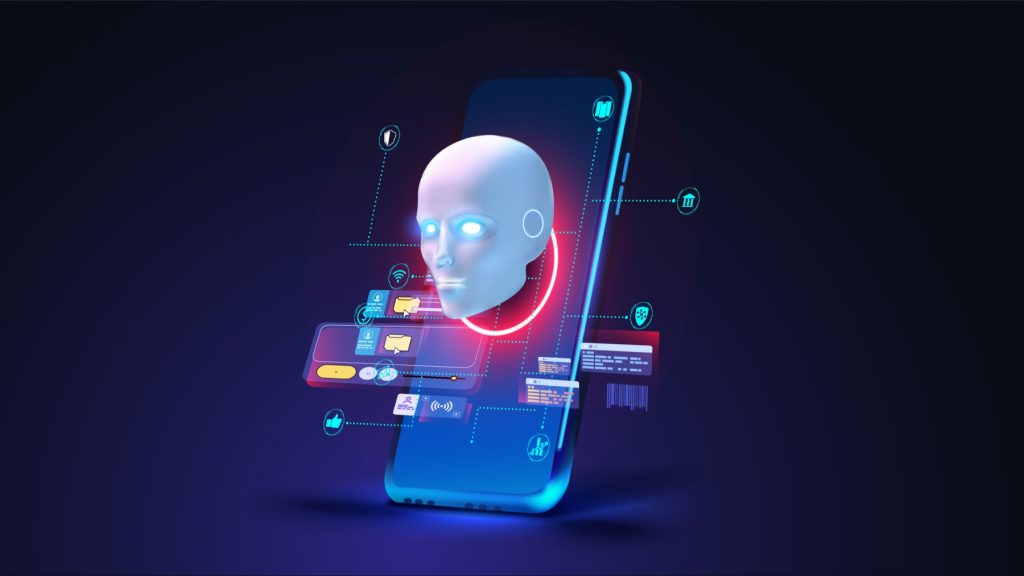
AI identity is becoming a dominant player in sectors like health, military fields, and politics. Yet the intensified integration that we witnessed in the past two years or so, has made it an integral part of daily life, bringing along challenges, threats, and risks, especially when we’re addressing AI self-creation and privacy.
“AI Morality,” a book by British philosopher David Edmonds, released by Oxford University Press in 2024, assembles views of experts on how AI is going to shape human life. One of the contributors, Muriel Leuenberger a researcher in AI ethics at the University of Zurich-relates how our personal data, such as location, preferences, and social connections, have already been being used by tech giants to target ads and recommendations.
AI will soon know more about individuals than they know about themselves, says Leuenberger. This is done through algorithms that create a profile-one that can indicate interests, personality traits, and even predictions about mental health. Companies’ awareness on this topic is far more than just personal data can predict political preferences, or pinpoint possible health concerns the person may not even be aware they have.
Trust Issues with AI Identity
How can people trust AI personal identity when so many times its algorithms represent a complete blank slate to which accessing it is impossible to achieve. Many AI identity algorithms systems reflect biases whether gender, race, or socioeconomic status-embedded in their training data.
Yuval Harari, a scholar on AI said, that, “AI may someday be able to select for a user which friends, jobs, or partners are best for them.”
Contrarily”.
Although, Leuenberger disagrees and argues that users are, realistically, becoming more and more dependent on an AI identity – many behind-the-scenes processes hidden from view – may threaten confidence in AI recommendations.
Has AI Replaced Human Intuition?
The bigger AI identity formation in making decisions, one can’t help but wonder if it has started to overcome our intuition. From online shopping, movie recommendations, and even to dating.
Algorithms give users options based on their past behaviors, predicting what they might like or prefer. Technology is becoming more deeply embedded in daily decision-making, it often overshadows human intuition, leading to a reliance on AI over deep gut feelings.
To a certain extent, complete reliance on AI self-awareness gambles with limiting the depth of human experience. Intuition and gut feelings often direct us towards unexpected discoveries or creative approaches in unfamiliar situations. While an AI identity can predict various outcomes by analyzing masses of data, it lacks the personal touch that makes decisions unique and perfectly suited to humanity’s individual needs.
Inside Telecom provides you with an extensive list of content covering all aspects of the tech industry. Keep an eye on our Intelligent Tech sections to stay informed and up-to-date with our daily articles.